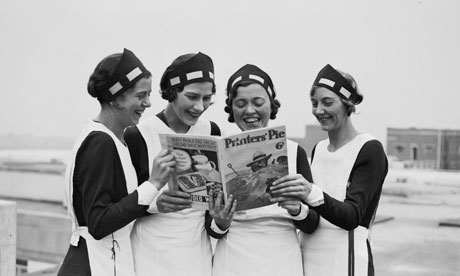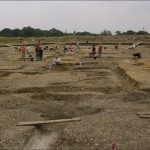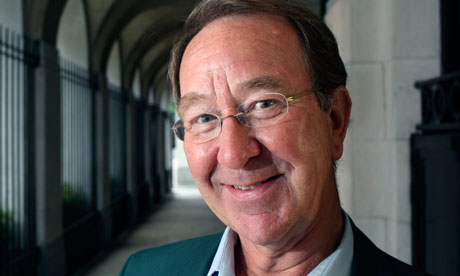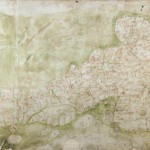 You often get more informed and reflective comment in the Sunday newspapers. So it seems here in this week’s Observer. Historian and MP for Stoke Central, Tristram Hunt, writes about falling numbers of GCSE and A Level History students. For me he makes a particularly interesting / controvertial point when he argues that the decline in steepest in what he calls “our most deprived communities“. He cites the example that “in Knowsley, near Liverpool, just 16.8% of pupils were entered for history, compared with 45.4% in Richmond upon Thames“. It is valid to put this point next to Mr Podesta’s comment about statistics on my earlier post on this topic.
You often get more informed and reflective comment in the Sunday newspapers. So it seems here in this week’s Observer. Historian and MP for Stoke Central, Tristram Hunt, writes about falling numbers of GCSE and A Level History students. For me he makes a particularly interesting / controvertial point when he argues that the decline in steepest in what he calls “our most deprived communities“. He cites the example that “in Knowsley, near Liverpool, just 16.8% of pupils were entered for history, compared with 45.4% in Richmond upon Thames“. It is valid to put this point next to Mr Podesta’s comment about statistics on my earlier post on this topic.
Whatever you think of that, the article is useful to us as A Level historians, because Hunt uses arguments from the Marxist historian, Eric Hobsbawn (shown). He cites Hobsbawn’s view that, “the destruction of the past or, rather, of the social mechanisms that link one…to that of earlier generations, is one of the most characteristic and eerie phenomena of the late 20th century. Most young men and women…lack any…relation to the…past.”
I don’t know what Hunt thinks about Hobsbawn’s ideas on duel revolution and liberal captialism -personally they are not really for me. The point is that a confident historian can cite and interact with evidence that might come from a source that they have real problems with if it is helpful, as here.
By the way – this is a Band One skill on your forthcoming Russian dicatorships paper.
 This BBC article explains how archaeologists have worked out the location of the tomb for the original builders of Stonehenge (in Wales).
This BBC article explains how archaeologists have worked out the location of the tomb for the original builders of Stonehenge (in Wales).







 In this
In this 


